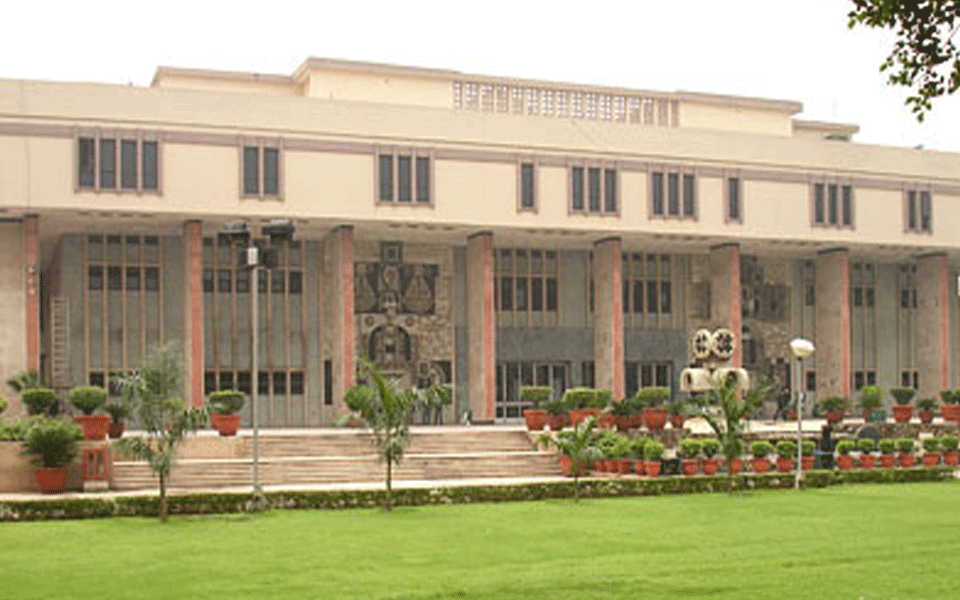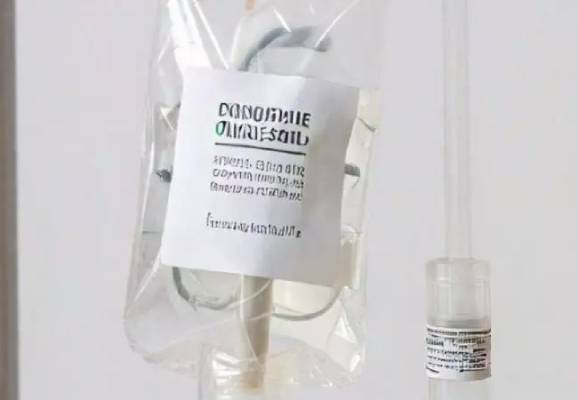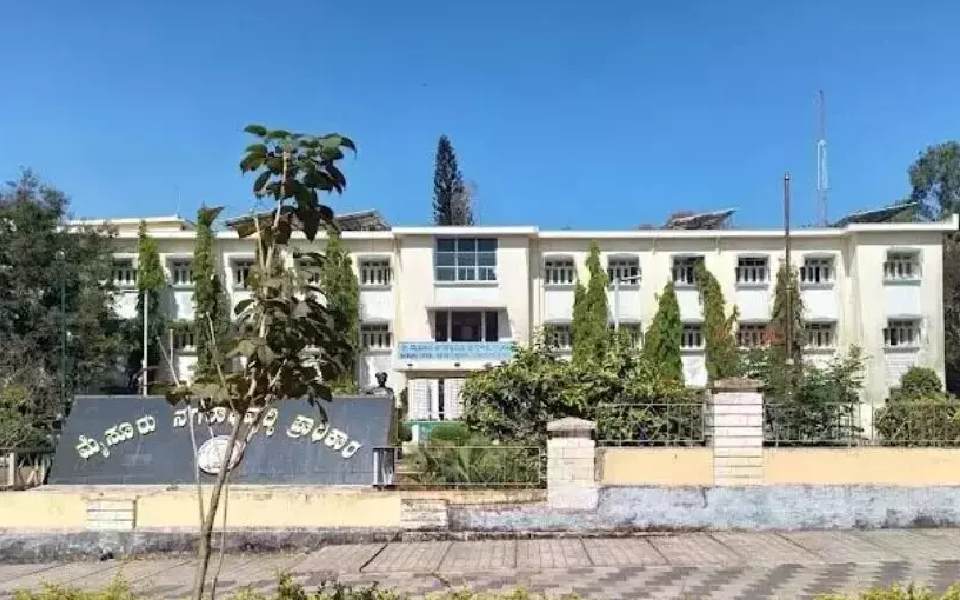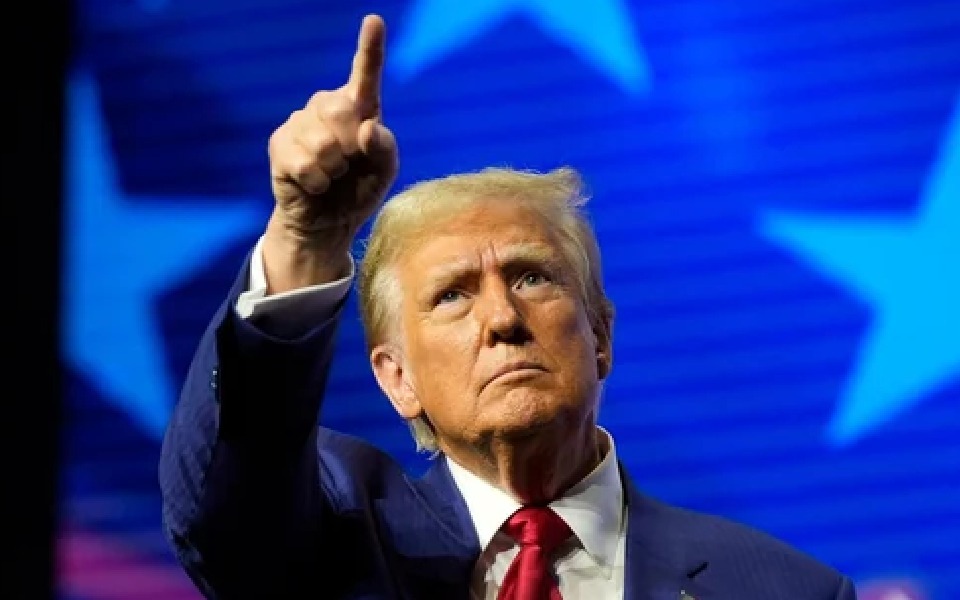New Delhi (PTI): The Delhi High Court on Wednesday sought the National Investigation Agency's stand on a plea for medical treatment of former Popular Front of India chairman E Abubacker, who was arrested by the agency during a crackdown on the banned organisation.
A bench headed by Justice Siddharth Mridul, which was hearing Abubacker's appeal against a trial court order refusing to release him on medical grounds, asked the investigating agency to file a status report and also state the opinion of a specialist authorised by AIIMS.
The court asserted that requisite medical treatment would be provided to the accused while rejecting his submission that he should be sent to house arrest.
"We are not inclined to do that. AIIMS is a premier hospital in the country. If you are using this as a pretext for house arrest, we are not granting that. We are only concerned with his medical condition," the bench also comprising Justice Talwant Singh said.
Advocate Adit Pujari, appearing for the petitioner, contended that Abubacker, who was suffering from cancer and Parkinson's disease, was 70 years old and in "great pain", which needed urgent medical supervision but the trial court rejected his plea.
He said that as per records, the accused has been given a far-off date for undergoing a test at AIIMS but the matter required urgency.
Expressing its displeasure at the date, the court remarked, "Where is the diagnosis and treatment? He can't wait for a scan till 2024. (Because he is incarnated), doesn't mean that he will wait till 2024. It is an examination. It surely can't wait till 2024."
The court clarified that it was not considering the merits of the case as well as any prayer for granting regular bail to the accused at this stage.
It said it "was going to hear the appeal for medical treatment" and that the accused could approach the trial court to seek regular bail.
Special public prosecutor Akshai Malik, representing the NIA, said the agency was not opposing medical treatment to the accused and that the investigation in the case was ongoing.
"The point is that he (the accused) is seriously unwell. Eventually we will have to consider whether AIIMS has to be directed to constitute a medical board and let this court know which is the best way possible," the court said and listed the case for further consideration on December 14.
Pujari told the court that the petitioner was arrested in September for an FIR registered in April and there was no basis to arrest him at that stage.
A large number of alleged PFI activists were detained or arrested in several states during the massive raids preceding the nationwide ban imposed on September 28.
In near-simultaneous raids across the country as part of a multi-agency operation spearheaded by the NIA, a large number of PFI activists were detained or arrested in 11 states for allegedly supporting terror activities in the country.
The arrests were made in Kerala, Maharashtra, Karnataka, Tamil Nadu, Assam, Uttar Pradesh, Andhra Pradesh, Madhya Pradesh, Puducherry, Delhi and Rajasthan.
The government banned the PFI and several of its associate organisations on September 28 for five years under stringent anti-terror law UAPA, accusing them of having "links" with global terror groups like the ISIS.
Let the Truth be known. If you read VB and like VB, please be a VB Supporter and Help us deliver the Truth to one and all.
Bengaluru: The Karnataka Government has sought clarification from the Central drugs standard control organisation following reports linking the serial deaths of pregnant women at Ballari District Hospital to unsafe IV Ringer's Lactate solution. Health Department Principal Secretary Harsha Gupta has written a letter to the Drugs Controller General of India, Rajeev Singh Raghuvanshi.
Recent Investigations revealed bacterial and fungal contaminants in the IV solution given to the women. Out of 192 batches supplied by a West Bengal-based pharmaceutical company, 22 were found substandard by the state drug control department, leading to the suspension of the medicine's use.
However, these batches had passed quality tests at the Central Drug Lab, creating a regulatory conflict.
The Health Department emphasized adherence to tender rules, stating that the Central Drug Lab's approval is legally binding. Samples from the problematic batches have been sent for re-testing at the central lab in West Bengal, with results expected on December 9.
As a precautionary measure, the state has blacklisted the implicated batches and issued directives to halt their use in all hospitals.





